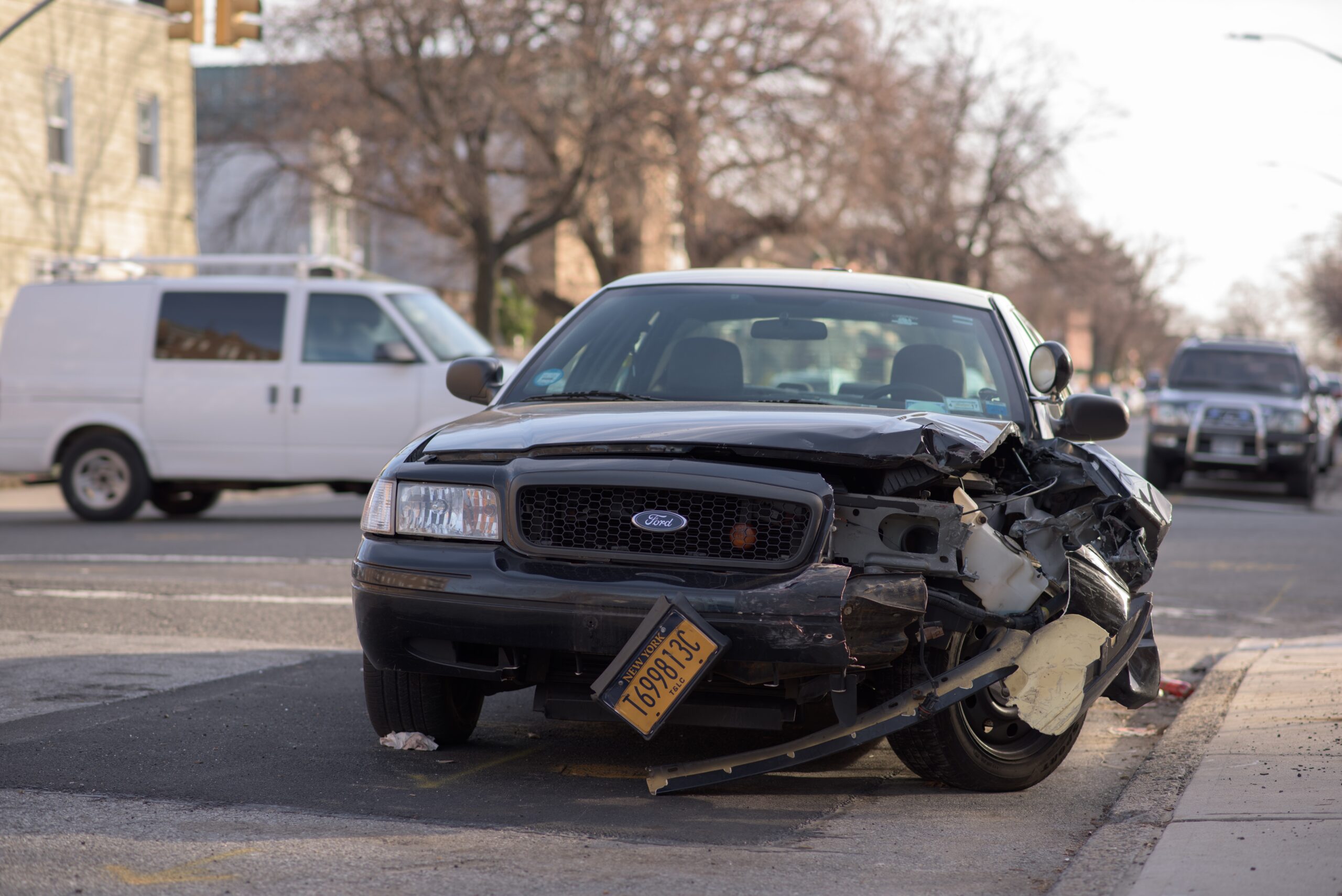Injured In A Car Accident? We Can Help!
Car accidents can cause significant physical injuries, emotional trauma, and financial burdens for those involved. Navigating the complex legal process following a car accident can be overwhelming, particularly when you’re dealing with the physical and emotional toll of your injuries. At Garcia Law Group, we are dedicated to helping car accident victims obtain the compensation they need to recover from their injuries and move forward with their lives. With a deep understanding of the complexities of car accident cases and a commitment to advocating for your rights, we will guide you through the legal process and work tirelessly to achieve the best possible outcome. If there is NO RECOVERY, then there is NO FEE! That is our guarantee!

Introduction
Car accidents are an unfortunate reality on the roads, and California is no exception. With its dense population and heavy traffic, the Golden State has its fair share of collisions. This article provides an ultimate guide to car accidents in California, covering common causes, what to do after an accident, understanding state laws, and seeking compensation.
The Prevalence of Car Accidents in California
With millions of registered vehicles and drivers in the state, accidents are bound to happen. While California has made strides in improving road safety, it remains a critical issue.
Common Causes of Car Accidents
There are numerous factors that contribute to car accidents. Here are some of the most common causes:
Distracted Driving
Texting, eating, or talking on the phone while driving can take a driver’s attention away from the road, leading to an increased risk of accidents.
Speeding
Driving above the speed limit reduces reaction time and increases the severity of accidents.
Drunk Driving
Alcohol impairs judgment, coordination, and reaction times, leading to a higher likelihood of accidents.
Weather Conditions
Rain, fog, and other adverse weather conditions can reduce visibility and make roads slippery, leading to accidents
What to Do After a Car Accident
Following a car accident, it’s essential to take several steps to ensure the safety of all involved and protect your legal rights:
Ensure Safety and Call for Help
Check for injuries and move vehicles out of traffic if possible. Call 911 if anyone is injured or if there’s significant property damage.
Exchange Information
Exchange names, contact information, insurance details, and driver’s license numbers with all involved parties.
Document the Accident
Take pictures of the scene, vehicle damage, and any injuries. Collect witness information and note the location, time, and weather conditions.
Notify Your Insurance Company
Report the accident to your insurance company as soon as possible, providing all relevant information and documentation.
Understanding California Car Accident Laws
California has specific laws relating to car accidents, including comparative negligence and the statute of limitations.
Comparative Negligence
California follows a “pure comparative negligence” rule, meaning that each party’s damages are reduced by their percentage of fault.
Statute of Limitations
The statute of limitations for personal injury claims in California is two years from the date of the accident.
Seeking Compensation
There are various sources of compensation for car accident victims in California, including:
Personal Injury Protection (PIP)
PIP is a no-fault insurance policy that covers medical expenses, lost wages, and other related costs, regardless of who is at fault for the accident.
Liability Insurance
California requires drivers to carry liability insurance to cover damages they cause to others in an accident. The minimum coverage amounts are $15,000 for injury or death to one person, $30,000 for injury or death to more than one person, and $5,000 for property damage.
Uninsured/Underinsured Motorist Coverage
Uninsured/underinsured motorist coverage provides compensation if you are involved in an accident with a driver who lacks sufficient insurance or has no insurance at all.
FAQ
If the other driver is uninsured or underinsured, you can file a claim with your own insurance company under your uninsured/underinsured motorist coverage.
While the exact timeframe may vary depending on your insurance policy, it’s best to report the accident as soon as possible, ideally within 24 hours.
Yes, California follows a “pure comparative negligence” rule, which means that even if you were partially at fault, you can still seek compensation, but your damages will be reduced by your percentage of fault.
It’s not always necessary to have a lawyer, but it’s often beneficial, particularly for complex cases or if you are facing difficulties negotiating with insurance companies. A skilled attorney can help you navigate the legal process and maximize your compensation.
If you cannot reach a fair settlement with the insurance company, you have the option to file a lawsuit in court to seek the compensation you deserve. Keep in mind the statute of limitations for personal injury claims in California is two years from the date of the accident.
Contact us today for a free, no-obligation consultation. We will review your case, answer your questions, and provide you with the guidance necessary to navigate the legal process. Let us fight for your rights and help you secure the compensation you deserve.
Call 323.419.5175 or fill out our online contact form to get started.
